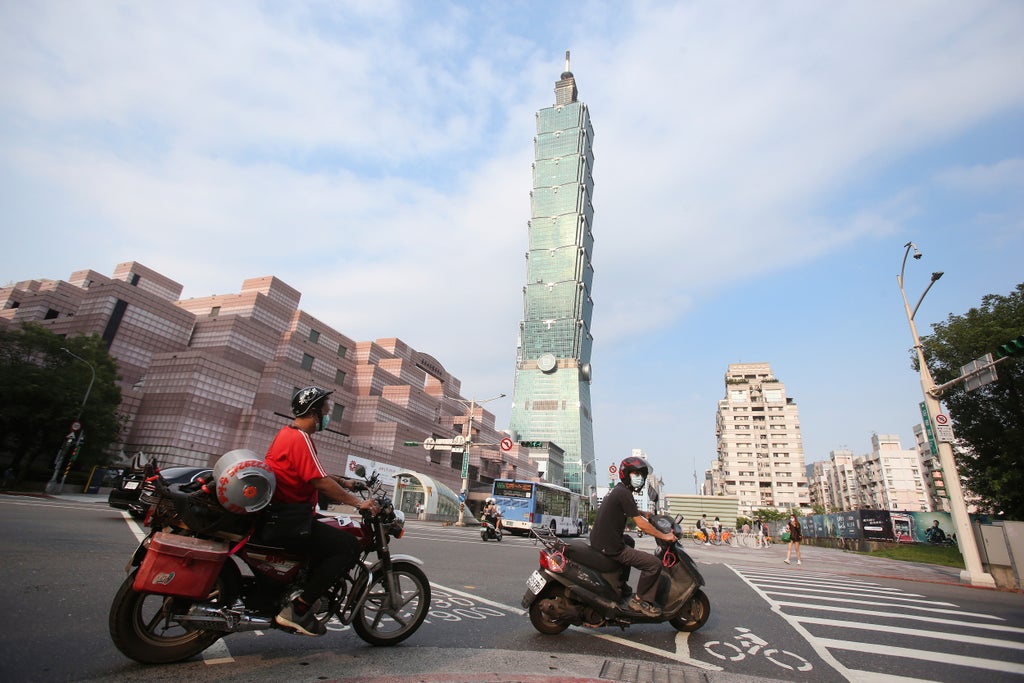
China has accused the US of “political manipulation” and attempting to shift the status quo in the Taiwan Strait after the State Department quietly made a change to its website about the contested nation’s independence.
The amendment, which was updated on 5 May but appears to have only caught the attention of Beijing on Tuesday, includes the removal of a line that emphasised Washington’s longstanding position not to support Taiwanese independence - “The United States does not support Taiwan independence” - and the removal of a key line that noted the US recognising the one-China principle.
“The United States recognized the Government of the People’s Republic of China as the sole legal government of China, acknowledging the Chinese position that there is but one China and Taiwan is part of China,” the 31 August 2018 version of the website read, now removed.
China’s Foreign Ministry spokesperson, Zhao Lijian, was swift in condemning the amendment, underscoring to reporters this week that there is only one China and Taiwan is a part of it.
“This kind of political manipulation on the Taiwan question is an attempt to change the status quo on the Taiwan Strait and will inevitably stir up a fire that only burns [the United States],” Mr Zhao said, according to Reuters.
Washington has denied that the change in the fact-sheet hints at any outward facing shift in their policy towards Taiwan, and the updated website entry continues to emphasise that “though the United States does not have diplomatic relations with Taiwan, we have a robust unofficial relationship” and interest in “maintaining peace and stability in the Taiwan Strait”.
State Department spokesperson Ned Price echoed that stance, telling the news agency that the words may have changed but the US’s “underlying policy as not”.
“We regularly do updates on our fact sheets. Our fact sheets reflect, in the case of Taiwan, our rock-solid unofficial relationship with Taiwan, and we call on the [People’s Republic of China] to behave responsibly and to not manufacture pretences to increase pressure on Taiwan,” Mr Price said during a press briefing.
For their part, Taiwan has rejected Beijing’s claim of sovereignty, commonly arguing that only the island’s 23 million people can decide on its outcome.
Tensions between Washington and Beijing over the island of Taiwan have continued to creep up since US President Joe Biden assumed office in 2020 as his administration has issued new guidelines that allow for direct engagement with Taipei and last year, approved arms sales to the island for the first time.
Last year, the US president was also forced to back-pedal after he seemed to suggest his administration would defend the island against a military attack.
The US has long upheld a “strategic ambiguity” policy on Taiwan since it switched diplomatic recognition to mainland China in 1979. Administrations since then have avoided making any direct commitments that it would intervene militarily to thwart an attempt by China to take Taiwan by force.







